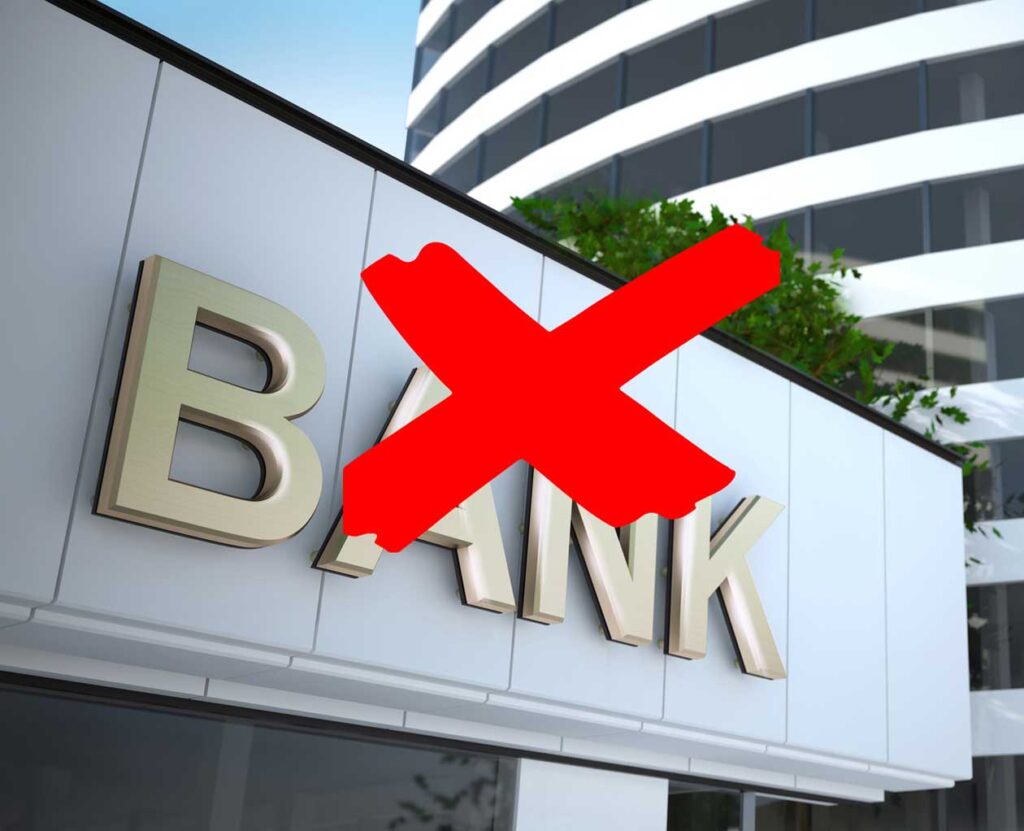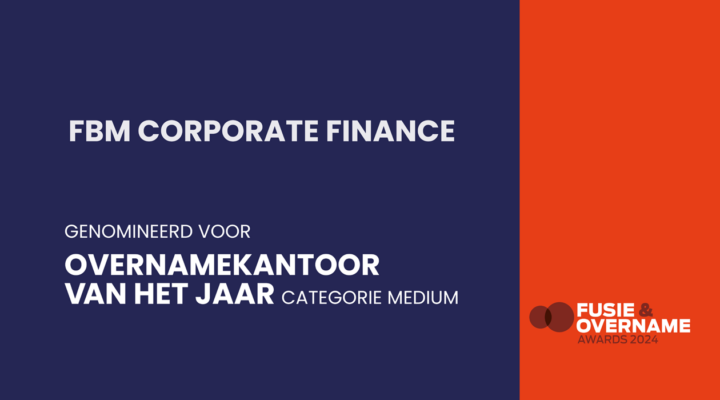The non-bank or alternative finance market has been booming in recent years. This is partly because regulators are imposing increasingly stringent requirements on traditional banks. The riskier the loans, the more capital buffers must be maintained. Alternative lenders are responding to this. In this article, we provide some examples of parties you, as an entrepreneur, can look to for your financing.
Direct lending
Direct lending is a non-bank loan taken from lenders other than banks without the involvement of another party. So the lender is non-bank, such as a credit fund or a fintech party that uses algorithms to assess the loan application online. Direct lending can be a solution in many different situations. From entrepreneurs with acquisition plans to business owners who just want to pre-finance their inventory.
Private credit fund
Like a private equity fund, private credit funds raise money from pension funds, insurers and family offices. These funds then offer credit financing, such as to finance business acquisitions. Often the lenders commit an amount that is only deposited when the financing is actually needed. For example, when an acquisition takes place.
Credit Unions
A credit union is a (non-banking) cooperative that provides banking services to its members. A credit union draws funds from its members and can lend it back to its members for the purpose of their business operations. Credit union members co-own the union and have a vote in appointing the board. Credit unions are often industry-specific and formed after the 2008 credit crisis.
SME bonds
SME bonds can also provide a non-banking alternative for financing larger SMEs. In an SME bond, a loan is issued to which professional and/or private investors can subscribe. The loan is divided into denominations (for example, of 1,000 euros), which are the bonds. These bonds have a maturity and a fixed or variable interest rate and can be traded. An SME bond loan can be listed on Euronext or Euronext Growth, making it tradable by the general public.
Crowdfunding
Crowdfunding is a relatively new alternative form of financing. Literally, crowdfunding means: financing through a group. The essence is that you enthuse as many people as possible to invest in your plan so that many people are willing to invest a limited amount. When you take out a loan through crowdfunding, it continues at a predetermined interest rate. With this form of crowdfunding, return and risk are important. A guarantee or collateral is often requested. The Netherlands now has many crowdfunding platforms. Some well-known parties are: Collin Crowdfund, Duurzaaminvesteren.nl and Geldvoorelkaar.
Leases
Although leasing structures are not always seen as a form of financing, they are indeed an alternative. After all, you don’t have to purchase the fleet you lease. Lease constructions can be applied to all kinds of capital goods, from cars to machinery. Within lease constructions, we distinguish between operational lease and financial lease.
- With operating leases, almost all components associated with the capital asset being leased are included in a fixed monthly amount. These include interest, insurance, taxes and maintenance. The capital asset even remains in the name of the leasing company. This makes operational leasing similar to renting for a longer period of time.
- With financial leasing, the company becomes the economic owner of the leased asset. The leasing company acquires legal ownership (lien) and retains it until all the terms of the financing agreement have been paid. This makes financial leasing primarily a financing agreement.
Factoring
Factoring is another alternative form of financing for entrepreneurs. With this form of financing, a third party, the factoring company, pays out sales invoices directly. This offers ZZP’ers and MKB’ers a better cash position, because one is no longer dependent on payment terms. So the bank has long since ceased to be the only address to turn to for credit financing. More and more non-banking alternatives are emerging that you can consider as an entrepreneur.
How do I get what funding?
Funding, financing and entrepreneurship are inextricably linked. After all, realizing your entrepreneurial ambitions often requires capital. Consider, for example, investments in growth, innovation, capital-intensive production goods or the acquisition of a competitor.
In this e-book, we discuss finding the right financing for your plans. And with the current interest rate developments and changing role of the bank, among other things, there are more and more aspects involved. Fortunately, there are also more and more opportunities.
Download
This form is subject to our privacy policy.







